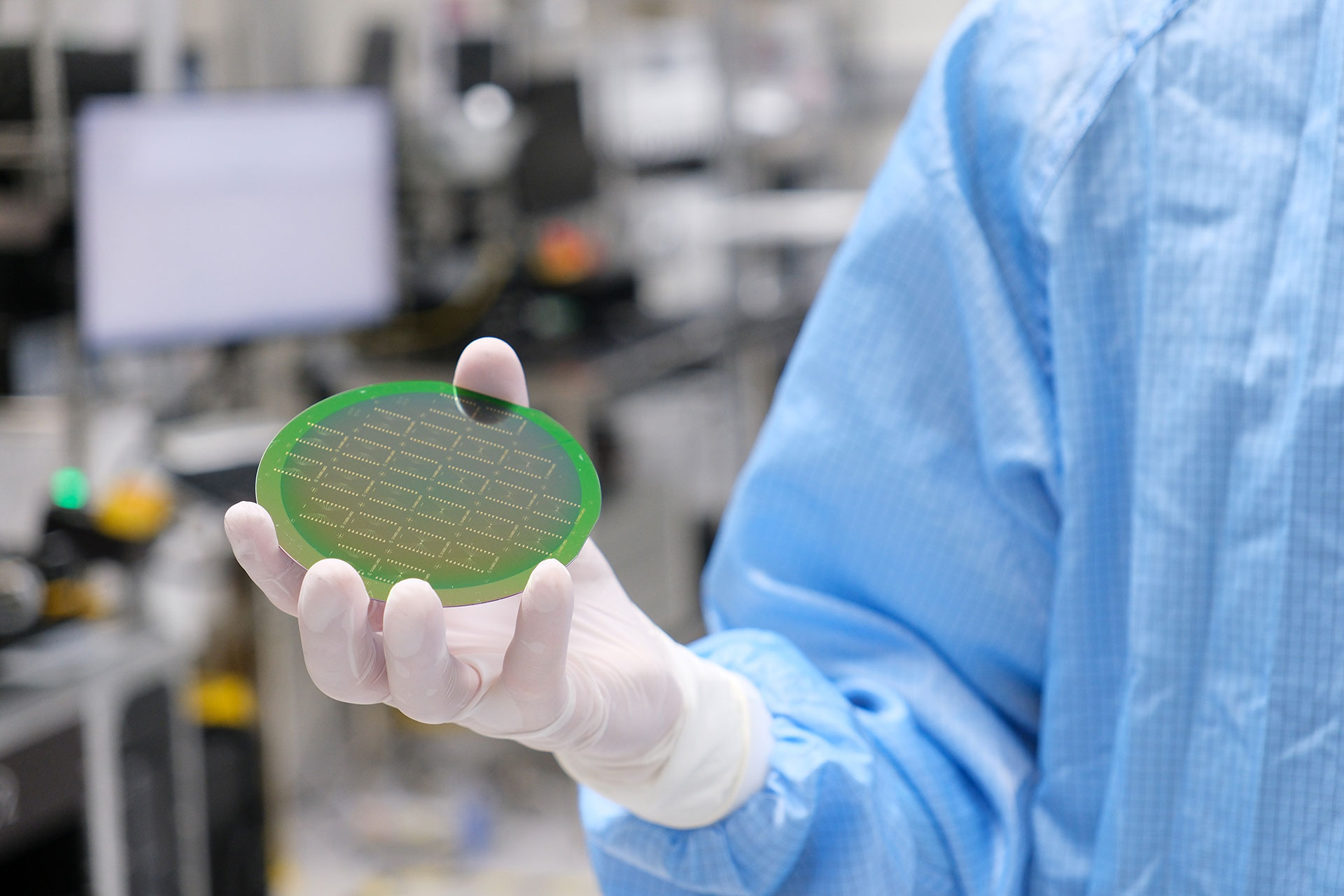Our investment in Currus Biologics: Unlocking CAR-T for Solid Tumours
The challenge of solid tumours
When Sam Cobb reached out last year with “I think we’re smack bang in your investment thesis, can we chat?“ I wasn’t entirely sure what to expect. I’d known Sam for over two decades, but this conversation would reveal something extraordinary: a potentially elegant solution to one of medicine’s most stubborn challenges.
At Main Sequence, we invest in science that tackles humanity’s hardest problems — from climate change and food security to health challenges that affect millions. Cancer sits among the top of that list. Cancer treatment has come a long way in 150 years, but very few cancers are truly curable, and those that are depend critically on early detection. This is particularly true for solid tumours, which represent 90% of all cancer types. So when we met Currus Biologics, a company reimagining how to make CAR-T therapies work in solid tumours, it immediately captured our attention.
For those not familiar with CAR-T therapies, they’re a form of cell therapy that engineers a patient’s own immune cells to recognise and destroy cancer — a breakthrough that has changed the game for blood cancers, curing some patients where nothing else could. But for the 90% of cancer patients with solid tumours, the therapy has yet to deliver. Currus Biologics is taking on this challenge with its BEAT platform — a novel approach that could finally unlock CAR-T for the majority of patients who need it.
BEAT: A platform to unlock CAR-T
The BEAT acts like a biological amplifier — a kind of “hype man” for the immune system. It ensures the patient’s immune cells not only recognise the CAR-T cells but respond in a way that allows them to persist, multiply, and develop immune memory against the tumour. In effect, the BEAT expands and activates CAR-T cells, enabling them to stay active long enough to clear the cancer, and train the immune system to prevent it from returning. The BEAT is a platform technology that is interoperable with any CAR-T cell therapy modality or tumour target.
Currus Biologics is initially focusing on mesothelin-positive cancers to prove its efficacy — including ovarian cancer, some triple-negative breast cancers, lung cancer, and pancreatic cancer. Ovarian cancer, in particular, presents an urgent need for new options. While chemotherapy can be effective at first, many patients relapse as resistance develops, leaving limited treatments and poor survival outcomes. This makes ovarian cancer an ideal proving ground for the BEAT: providing a clear clinical pathway and a powerful opportunity to demonstrate how the platform can overcome the unique barriers of solid tumours.
The people behind the science
Currus Biologics is led by Sam Cobb, whose vision and expertise in biologics have guided the company from early research through to clinical readiness. She is supported by an exceptional team, including BEAT inventor Dr Clare Slaney.
Clare’s journey into cancer immunotherapy has been deeply personal. During her PhD, a close family friend was diagnosed with breast cancer. The limited treatment options available at the time left a lasting impact, and she committed her career to finding better outcomes for patients. That commitment took her from New Zealand to the Peter MacCallum Cancer Centre in Melbourne, where she became one of Australia’s leading CAR-T researchers. Her breakthrough work showed how CAR-T cells could be “reconnected” with the broader immune system to overcome the defences of solid tumours, laying the scientific foundation for the BEAT.
She is joined by her mentor and long-time collaborator, Dr Mike Kershaw, who pioneered the world’s first human CAR-T trial during his postdoc in the US and later brought the technology back to Australia. Mike’s deep expertise and Clare’s innovative approach, combined with Sam’s leadership, give Currus Biologics a rare mix of experience, resilience, and scientific vision.
The company was, until recently, entirely female-led—Sam Cobb and Ebony Heyns—with a predominantly female research team. While this isn’t solely a women’s health company, there’s something powerful about a female-led team tackling one of medicine’s largest problems by first proving it in cancers that predominantly affect women.
Why we invested & what’s next
At Main Sequence, we back science that can solve humanity-scale challenges. Currus Biologics embodies that mission. The company is addressing one of medicine’s greatest unmet needs with a novel platform and a team capable of translating it into therapies that matter for patients.
The team is full steam ahead, preparing for clinical trial next year — manufacturing products for the therapy and preparing their IND submission. The clinical data will prove whether the BEAT technology can unlock CAR-T therapy for solid tumours.
We’ll be supporting them through our platform — networks, service providers, strategic guidance, relationship building with potential partners, and helping secure the additional capital needed to complete the clinical trial.
The efficacy of publishing our investment thesis brought Sam to our door. Her resilience and the team’s tenacity have kept them moving forward through every challenge. Now we get to support them as they work to answer one of medicine’s most important questions: Can we make solid tumours as treatable as certain blood cancers with CAR T-cell therapies?
We believe they can.
Written by
Stay in Touch



.jpg)





